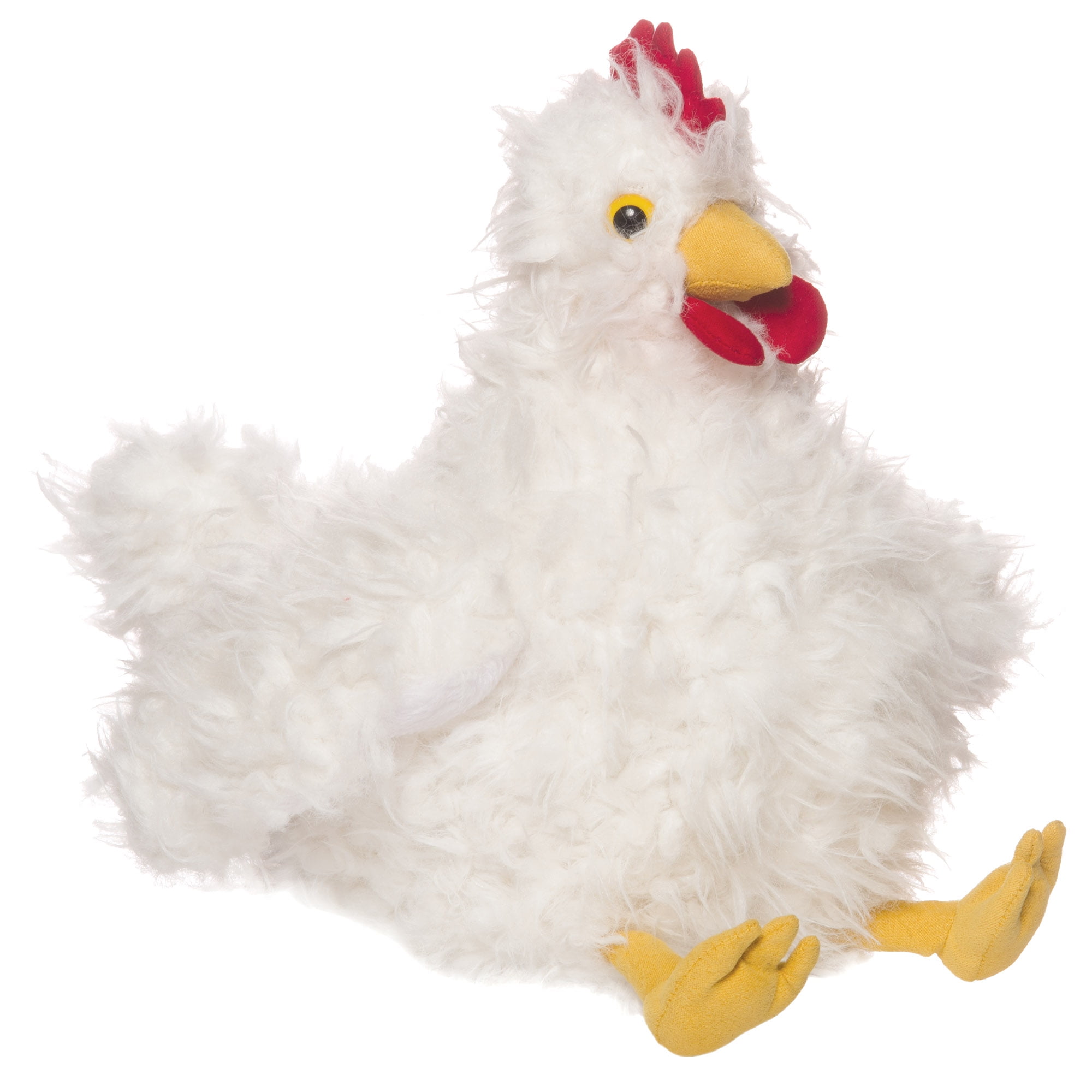Show Me Stuffed Animals
Stuffed animals have been a beloved childhood toy for generations. From teddy bears to rabbits, children have always had a soft spot for these furry friends. But did you know that stuffed animals can have a positive impact on a child's development?
Studies have shown that stuffed animals can provide children with a sense of security and comfort. Many children form emotional attachments to their stuffed animals, using them as a source of comfort in times of stress or uncertainty. This emotional support can be especially important for children who experience trauma or have to deal with difficult situations.
In addition to providing emotional support, stuffed animals can also help children develop important cognitive and social skills. Through playing with stuffed animals, children can improve their problem-solving skills, creativity, and imagination. Stuffed animals can also be used to teach children about different animals and their habitats, helping to develop an appreciation for the natural world.
Stuffed animals also have a role to play in language development. By playing with their stuffed animals and engaging in imaginative play, children can improve their vocabulary, grammar, and communication skills. This type of play can also help children learn about social interactions and develop empathy and emotional intelligence.
For parents and teachers, stuffed animals can be a useful tool in a child's education. Stuffed animals can be used to teach children about different emotions and how to manage them. They can also be used to teach children about different cultures and traditions around the world.
Stuffed animals can also provide children with a sense of responsibility. By caring for their stuffed animals, children can learn about the importance of taking care of others and being responsible for their belongings. This sense of responsibility can then be applied to other aspects of their lives, such as taking care of their own pets or looking after their belongings.
From a practical perspective, stuffed animals can also be a useful tool for parents and caregivers. They can help soothe children who are feeling anxious or upset, and can make bedtime routines more pleasant and calming. Additionally, stuffed animals are a portable toy that can be taken with a child whenever they need a sense of comfort or security.
It is clear that stuffed animals can have a positive impact on a child's development. From emotional support to cognitive and social skills, stuffed animals can play an important role in a child's growth and education.
However, it is important to note that not all stuffed animals are created equal. Some stuffed animals may be made using materials that can be harmful to children, such as poorly made or recycled stuffing. It is important to only purchase stuffed animals from reputable sellers and to ensure that they have been made using safe materials.
In conclusion, stuffed animals are more than just a childhood toy. They can provide children with a host of benefits, from emotional support to cognitive and social development. As parents and caregivers, it is important to appreciate the role that stuffed animals can play in a child's growth and education, and to choose safe and high-quality toys for our children to enjoy.


Post a Comment for "Show Me Stuffed Animals"